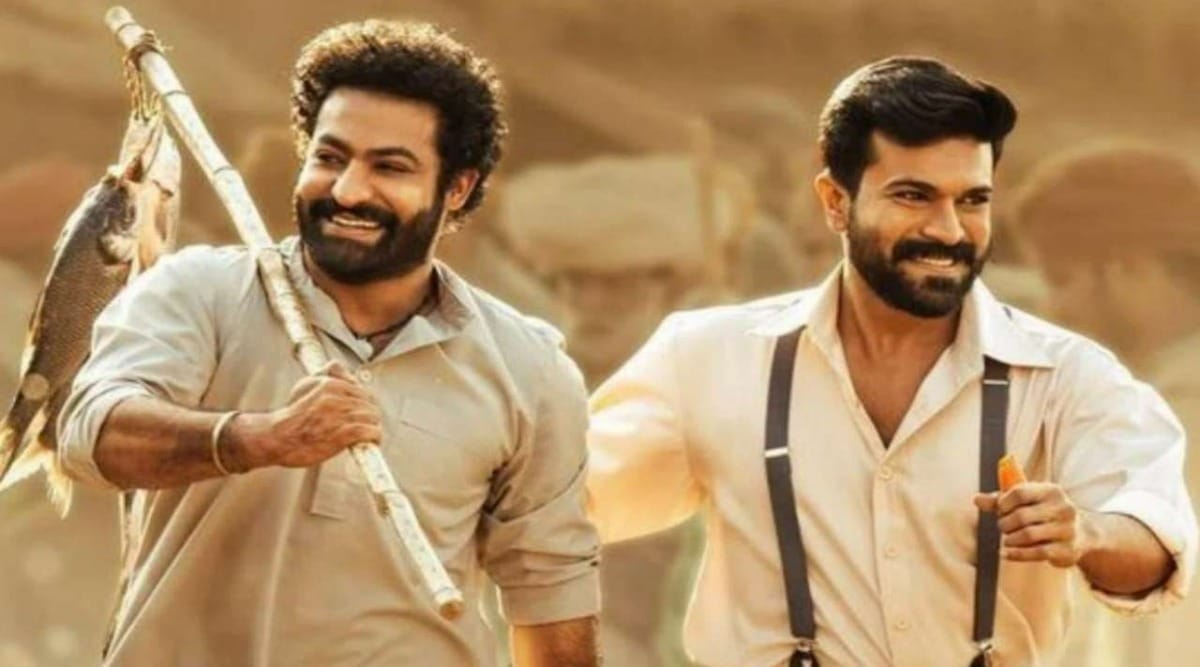This was the year 2014. One where an interview with Amitabh Bachchan was slotted to print journalists for his movie sequel, Bhootnath Returns. But having reached on time, one realised he had kept a 15-minute window, just to be on the safe side. Deepak Sawant, his make-up man for decades, had said, “You won’t find too many lines on his face; he is as calm as a picture. That’s because he doesn’t stress over small things or stretch his facial muscles in various expressions of anxiety like many actors today. When he is focused on his job, he can go on and on.”
- Advertisement -
We began the warm-up tidbits before settling into the conversation. And it is in those tidbits that I found a picture of the man and the relentlessly learning actor Bachchan was. Talking about enjoying social media, Bachchan said, “We never had the opportunity to communicate with a lot of people earlier in real time. Thanks to social media, interactivity has become the norm. I have always felt that communicating is good but frankly didn’t know how to go about it in my younger days. Once I started out online, I decided I should continue with it. There is a whole family, rather a community, that has contributed to my social presence. They keep waiting to read my blog. I make entries at 3.30 and 4 am as I feel I am incomplete without writing. I am not a writer, I just put together whatever comes to my mind.”
Talking about the social media community, he had said, “Many of them are such fantastic writers. They have amazing perceptions about who you are, what you did, what your films are about, what it should be, the state of the nation and so on. They are so eloquent that many a time I copy-paste their thoughts and put it on my social networking pages. I do not moderate my medium. So yes, there is also criticism and abuse but I think one must be prepared for it; it has to be free-flowing.”
We got talking for a warm-up and the fangirl in me mentions two films of his which had a special place in my heart, Saudagar (1991) and Bemisal (1982). “Oh,” he said, “Nice to know that some people mention Saudagar.” That film was India’s official entry for the 46th Oscars, but was not nominated. Based on Bengali writer Narendranath Mitra’s story Ras, the film has Bachchan as a morally ambivalent man who plays two women to his advantage and stands a loser for it. Perhaps, it got swamped by the stardom that Zanjeer (1973) and Deewar (1975) got him but it did have a special place in his heart. Bachchan held his own by using his eyes, flashing greedy intent at one moment and conflicted in the other. He is not violent physically but traverses the whole spectrum of emotions, from avarice to guilt, in an understated manner. Much before women-oriented films became a thing, he was there between two women protagonists who had the audience sympathy.
- Advertisement -
One would have thought that Bachchan agreed to it because he was looking for a toehold in the industry. But, unknown to many, he jumped at the opportunity to work with an acting powerhouse like Nutan. “Yes, it helped that courtesy of my stay in Kolkata, I related to the milieu of the film but was overwhelmed by the discipline and commitment of Nutan ji on the sets,” he had said. He learnt a lot, particularly how to communicate vileness and draw the viewer into it insidiously. He said how he completely “submitted” to his director Sudhendu Roy to extract and hone all elements of the performer in him which got covered by the stardust of his masala films.
Not that Bachchan gave up on looking for those creative opportunities even when he was a star. If Saudagar became his acting laboratory, then Bemisal provided an opportunity to challenge the “one-man industry he had become.” And for a man given to physicality, he revelled in playing the lover from a distance, who would do everything to protect the woman he loved though he couldn’t marry her. And by calling her “sakhi”, Bachchan took the man-woman relationship to an undefinable category of completeness where the woman was his emotional equivalent and one with whom he could get intimately personal with in a roomful of people through plain conversation. It also challenged the conventional Hindi film logic back then that marriage was the only fulfilment of a relationship. Bachchan showed a soul connect could defy every societal construct and parameter.
- Advertisement -
“I had worked with Hrishida (director Hrishikesh Mukherjee) but he had brought out my potential as a comic actor. This was a serious character I played with him and it showed the wisdom, principles and depth of emotions that Dr Sudhir (the character he played) would go to,” he had said. Of course, Bachchan has been grateful to Mukherjee for allowing him to break the stereotype intermittently and revel in the actor he is and never got to showcase quite as much in commercial cinema.
While he described himself as a learner, he spoke of how the role of the hero and storytelling have evolved. “Writers Salim-Javed once said that the messiah-like hero was a societal reaction to people upset about no action being taken against an unjust system. Then, when the need for that deliverer hero died out, people thought we should have happiness and joy. So, feel-good cinema became a rage. Society as been dictating changes and reinterpreting films for a while. There are wonderful stories even now. These stories existed in the past too. They were nomenclatured as art cinema but they were equally good.”





